Page to screen: “Heartstopper”


Nick and Charlie are back for their third season.
“Heartstopper” season three premiered Oct. 3. The show is an adaptation of the webcomics written and illustrated by Alice Oseman under the same name. Before becoming a TV show, the story was also turned into a series of graphic novels in 2018.
This season follows volumes four and five and delves into topics like gender, sexuality, mental health, friendship and romantic relationships.
The TV adaptation “Hearstopper” debuted in April 2022, and since then, it has gained millions of fans around the world for its fantastic portrayal of LGBTQ+ characters, healthy relationships and mental health.
The show was adapted from Oseman’s webcomics first written in 2016 and will continue until volume six, the finale, comes out. Though the release date of the last book isn’t set, it’s rumored to come out in 2025.
Warning: spoilers ahead. This article also discusses self-harm, eating disorders, sexual references and alcohol. Other trigger warnings can be found here.
“Heartstopper” follows Charlie Spring (Joe Locke), a year 10 student at Truham Boys School, as he falls for rugby player Nicholas “Nick” Nelson (Kit Connor). The show is known for being lighthearted and sweet while still dealing with some difficult topics.
Our story begins with episode one: “Love.” It’s a fitting title because the show picks up right where it left off—with Charlie wanting to tell Nick he loves him.
Charlie’s relationship isn’t the only one getting more serious. Tao (Will Gao) and Elle (Yasmin Finney) are having their “summer of romance” before Elle leaves for the Lambert School of Art, and Tara (Corinna Brown) and Darcy (Kizzy Edgell) are living together after Darcy leaves home. The more serious relationships mean characters start to have conversations about sex, which is vital to establishing consent and safety. Normalizing talks like these in media helps fight the stigma around talking about sex.
Not all of the group is getting into relationships, though. Throughout the season, we watch Issac (Tobie Donovan) come to terms with his asexuality. While almost all of his friends are coupling up, we see him get left behind again and again. He puts off coming out to the whole friend group, saying he doesn’t want to give everyone a vocabulary lesson.
His journey is one that anyone who has ever felt left out or ostracized can relate to. Issac is constantly the third wheel, being left out of the people he’s been friends with for years. We do see him become closer friends with James (Bradley Riches) throughout this season. They share a moment in the school library where Issac talks about how he doesn’t want a relationship, and James says, “So, you’re like, aromantic?” and Issac responds, “What? You know what that is?”
Not only does this season delve into sexuality, or the lack of it in some cases, but we also see the discussion of gender. Darcy starts to explore their gender identity throughout this season, an adaptation that wasn’t originally in the book but makes sense for the show since Edgell is trans himself. While it isn’t brought up explicitly until episode four, it’s foreshadowed in the first episode when they say, “I hate gender,” and later talk about how they hate being called a lady, a struggle their cisgender friends can’t relate to.
The way Darcy’s coming out was handled was a little different than it is usually portrayed in media—it’s not treated as a big deal. They casually mention they want to use they/them pronouns in a film Tao makes for Charlie and later offhandedly mention they identify as nonbinary in a conversation with Tara.
Elle’s journey as a trans person was a little different than Darcy’s. It was made into more of a big deal, not by Elle herself, but by the society she lives in. In the past few years, the rights of trans people have become increasingly politicized, making it much harder to simply exist as a trans person.
We see this reflected in this season. Elle is asked to do an interview for a local radio station about her art. Instead of focusing on her recent success on social media as an artist, the interviewer repeatedly asks her how “trans identities are the hot topic of the moment” and asks about her opinion on the so-called “debate.” Elle responds, “Trans people aren’t a debate, we’re human beings.” After several minutes of these questions, she flees the studio and bursts into tears.
A main aspect of this season’s plot is Charlie’s worsening eating disorder. He admits to himself that he has an eating disorder and, with the help of Nick, tells his family that he needs to get help. After finding out he’d have to wait months to see a professional, his struggles to eat worsen, and he goes to a hospital. Charlie spends a few weeks there, and the staff helps him on his journey to recovery.
In Charlie’s absence, Nick struggles. Drowning in worry, Nick decides to go to a Halloween party with his friends.
At the party, we see Imogen (Rhea Norwood) and Sahar (Leila Khan) making out, but Imogen laughs, and the moment ends, making Sahar think it was all just a joke to her. This is followed promptly by Imogen throwing up, telling Nick that she’s “allowed to experiment.”
This seems to be a moment where the viewer finally gets some clarity about where the girls stand. It has been months since prom when we see Imogen seem enraptured by Sahar playing the guitar, which is the first hint that she has feelings for her. After another New Year’s kiss, Imogen confesses to Nick that she doesn’t think she’s ever liked a boy, and after a conversation about her relationship with Sahar in a tent, they decide they’re better off as friends.
It’s not only friends and partners that play an important role in this season, we also get some glimpses of character’s lives outside of school and friends. Nick travels to Menorca, a Spanish island, and stays with his aunt Diane, whom he confides in about Charlie’s struggles. She responds with a heartbreakingly honest truth, “Love can’t cure a mental illness.”
We also see more of Charlie’s relationships with his mom and sister. Tori is more present in this season and remains the icon she always has been. She stands by Charlie when he’s struggling, trying her best to get him help. We also get a glimpse into her own life when Michael, who was a main character in Oseman’s novel “Solitaire,” enters the storyline.
Charlie’s relationship with his mom has consistently been rocky for the past two seasons. She seems to be trying to help him but is going about it in the wrong ways, asking him to clean or saying he’s being too absent because of Nick. After she realizes he has an eating disorder, their relationship seems to be getting better because she starts to realize how to help him.
Overall, this season was very well done, entirely earning its 100% Rotten Tomatoes rating. It deviates slightly from its lighthearted tone from the previous seasons because it discusses more heavy issues, but it still has its moments.
To hear more thoughts about this season, listen to the podcast above.
Your donation will support the student journalists of West High School. Your contribution will allow us to purchase Scholarship Yearbooks, newsroom equipment and cover our annual website hosting costs.
-
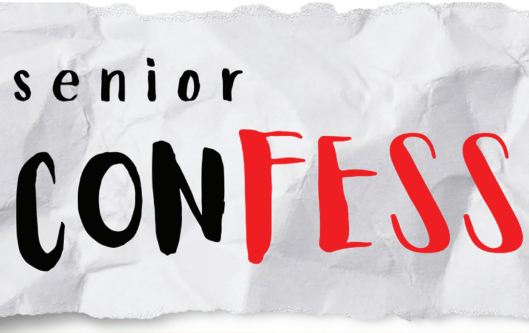 A&ESenior confessions
A&ESenior confessions -
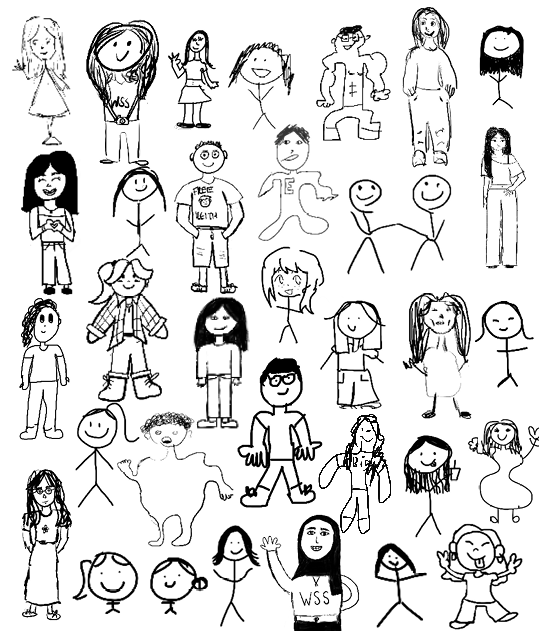 A&E2025 Senior class portrait
A&E2025 Senior class portrait -
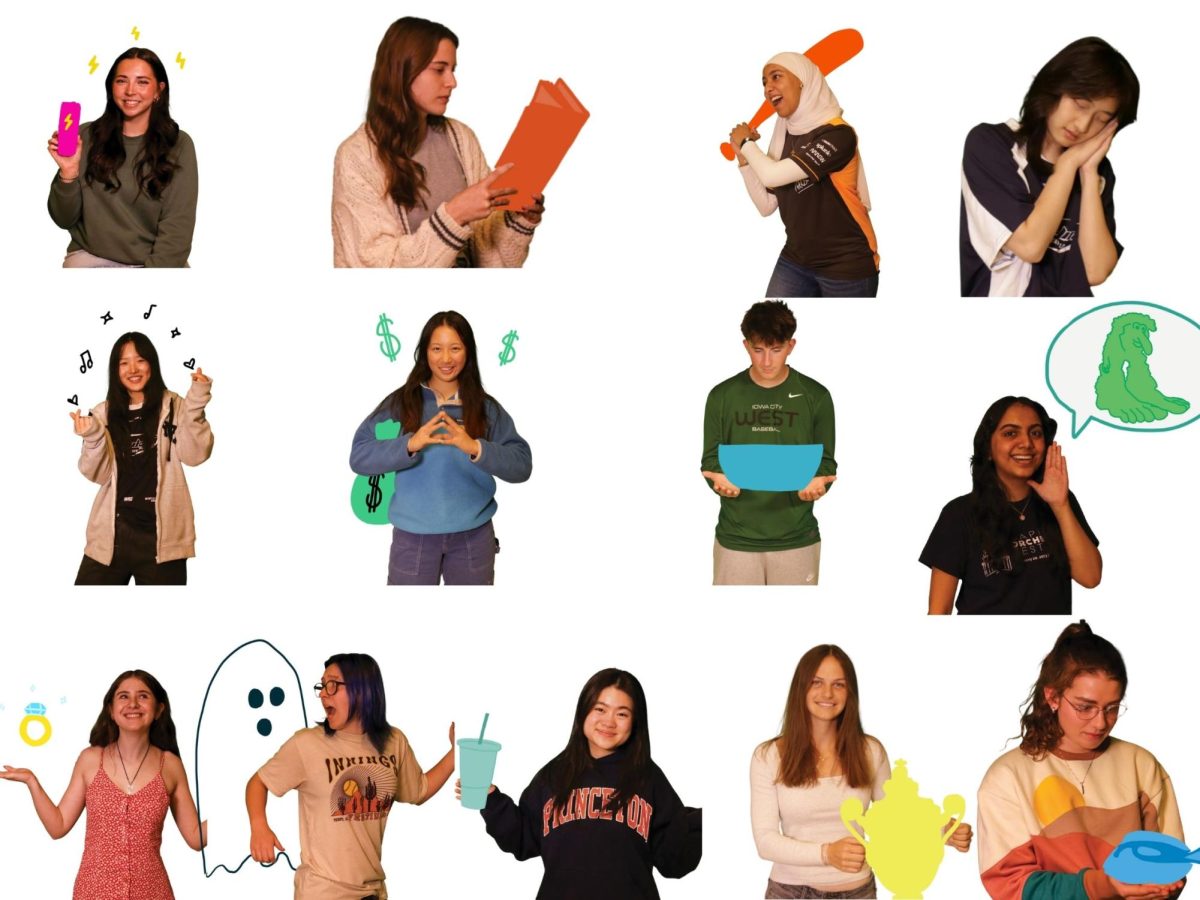 A&EWSS senior staff superlatives
A&EWSS senior staff superlatives -
A&EA year to remember: 2024-2025 in focus
-
 A&ESenior word search
A&ESenior word search -
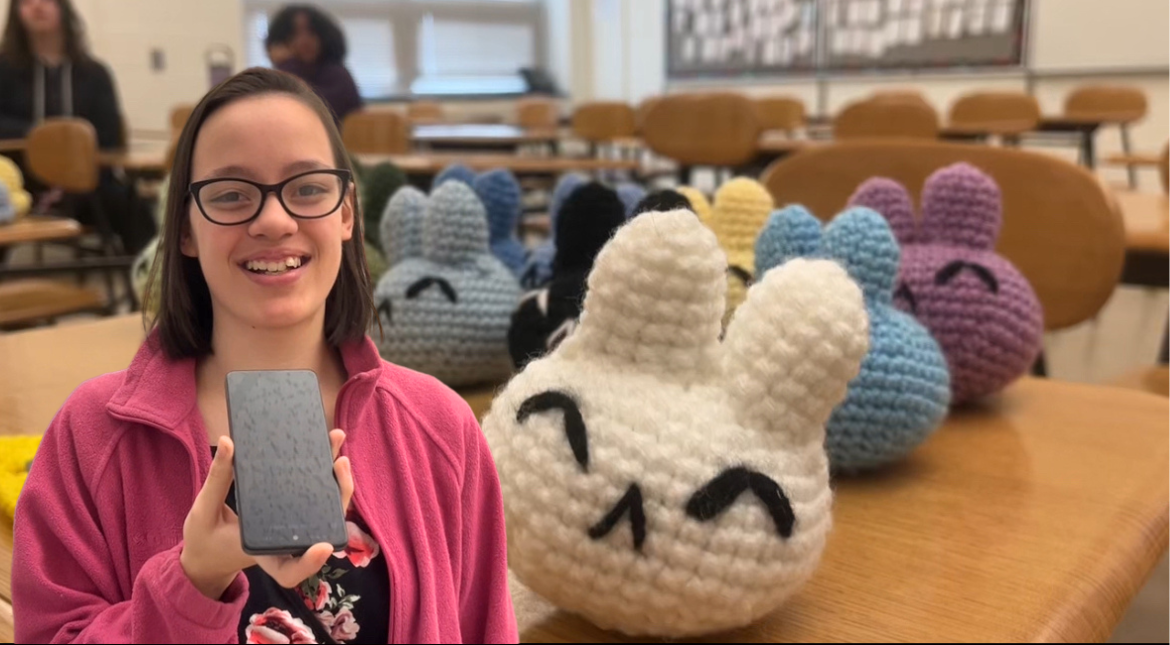 A&EMeet chrocheter Chanel Pennell '25
A&EMeet chrocheter Chanel Pennell '25 -
 A&E2025 West High faculty superlatives
A&E2025 West High faculty superlatives -
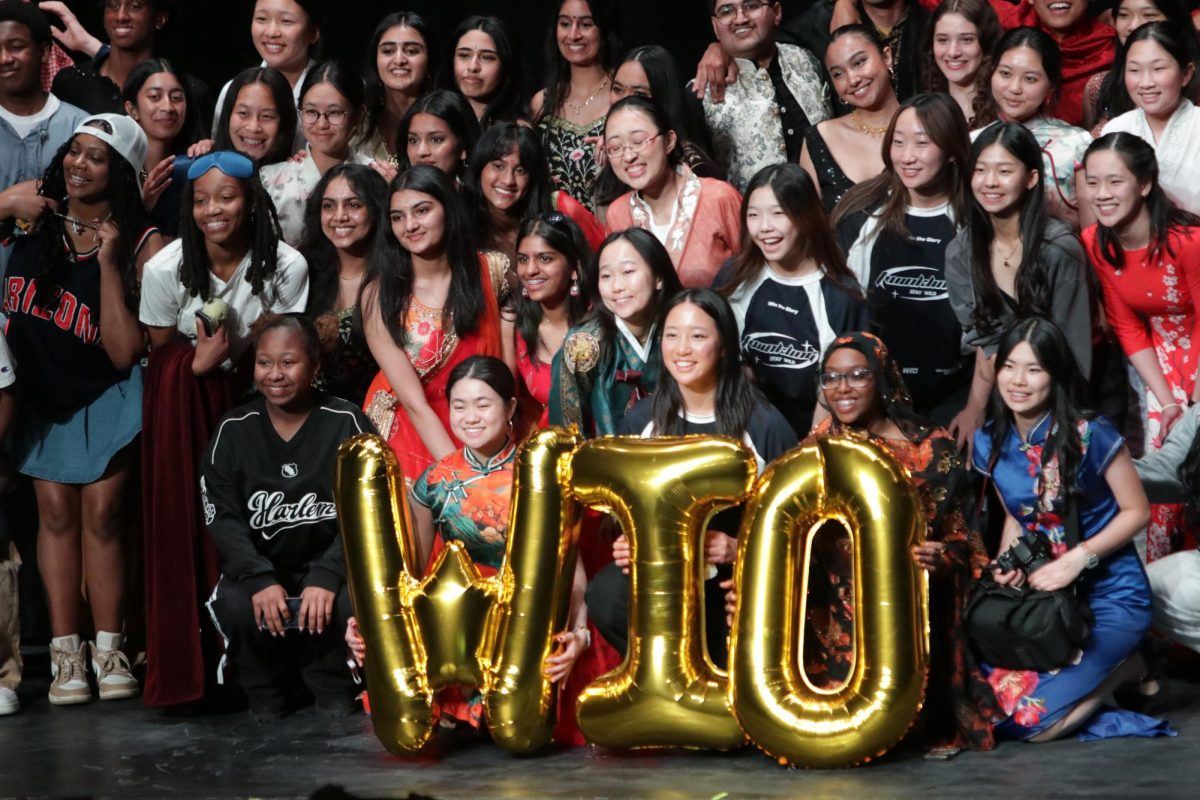 A&EStudents shine at annual Walk It Out show
A&EStudents shine at annual Walk It Out show -
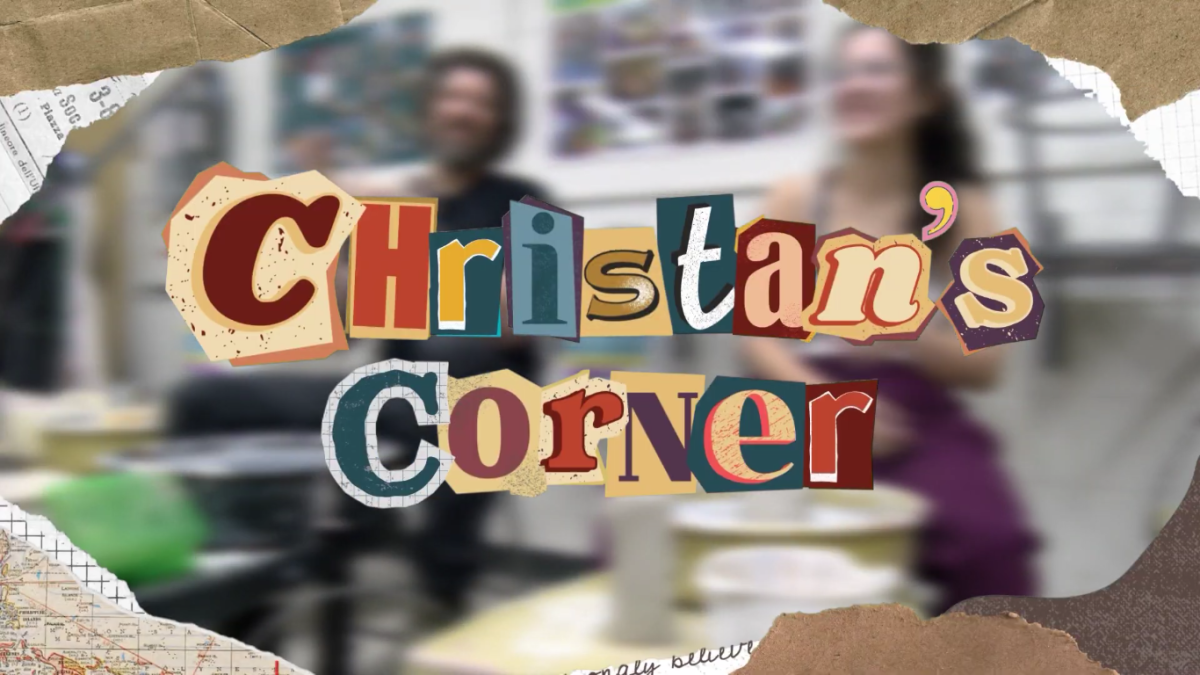 A&EChristian’s Corner: episode 2
A&EChristian’s Corner: episode 2 -
 A&EBackstage with Rana Saba
A&EBackstage with Rana Saba -
 PodcastPaddock behavior: 2025 predictions
PodcastPaddock behavior: 2025 predictions -
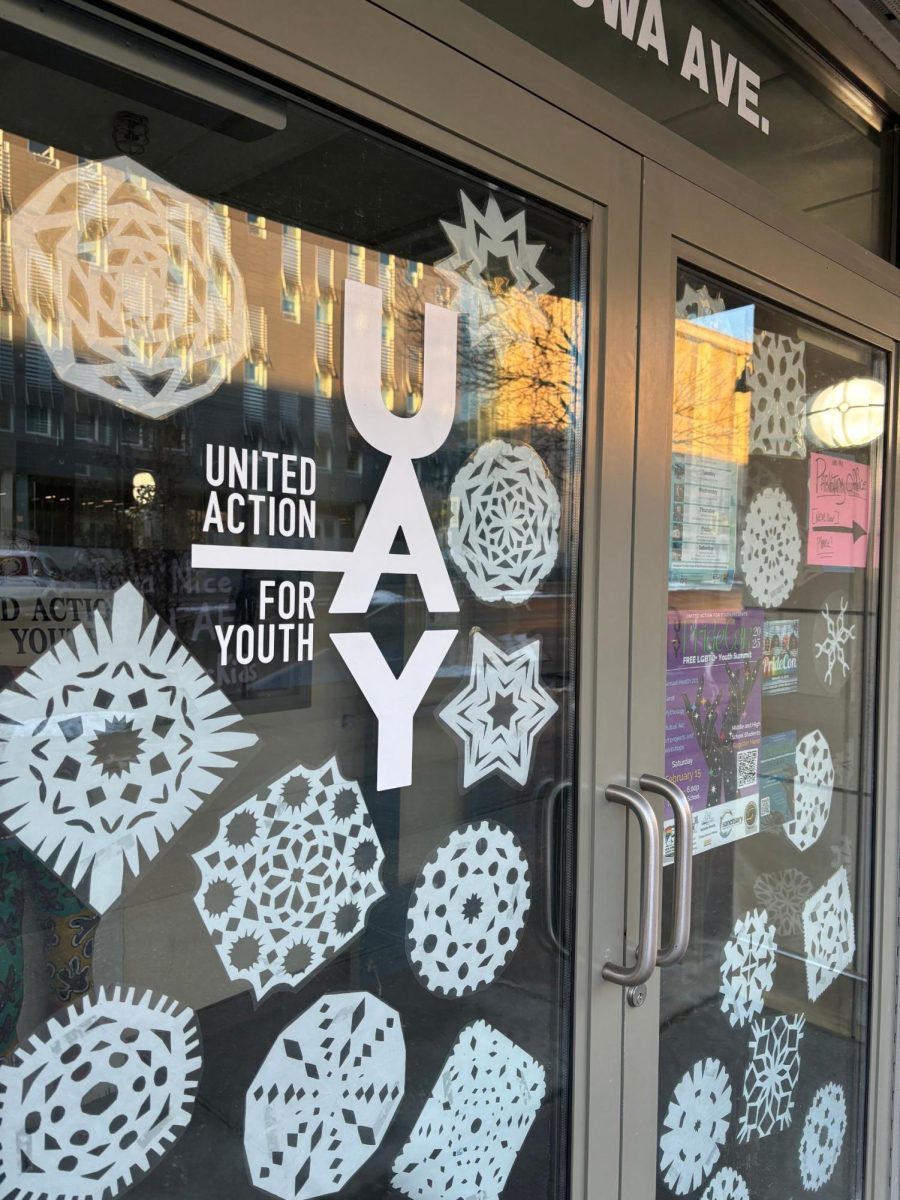 PodcastDiscrimination in Iowa: a talk about the LGBTQ+ community in Iowa City
PodcastDiscrimination in Iowa: a talk about the LGBTQ+ community in Iowa City -
 PodcastPaddock Behavior: Wrapping up a silly season
PodcastPaddock Behavior: Wrapping up a silly season -
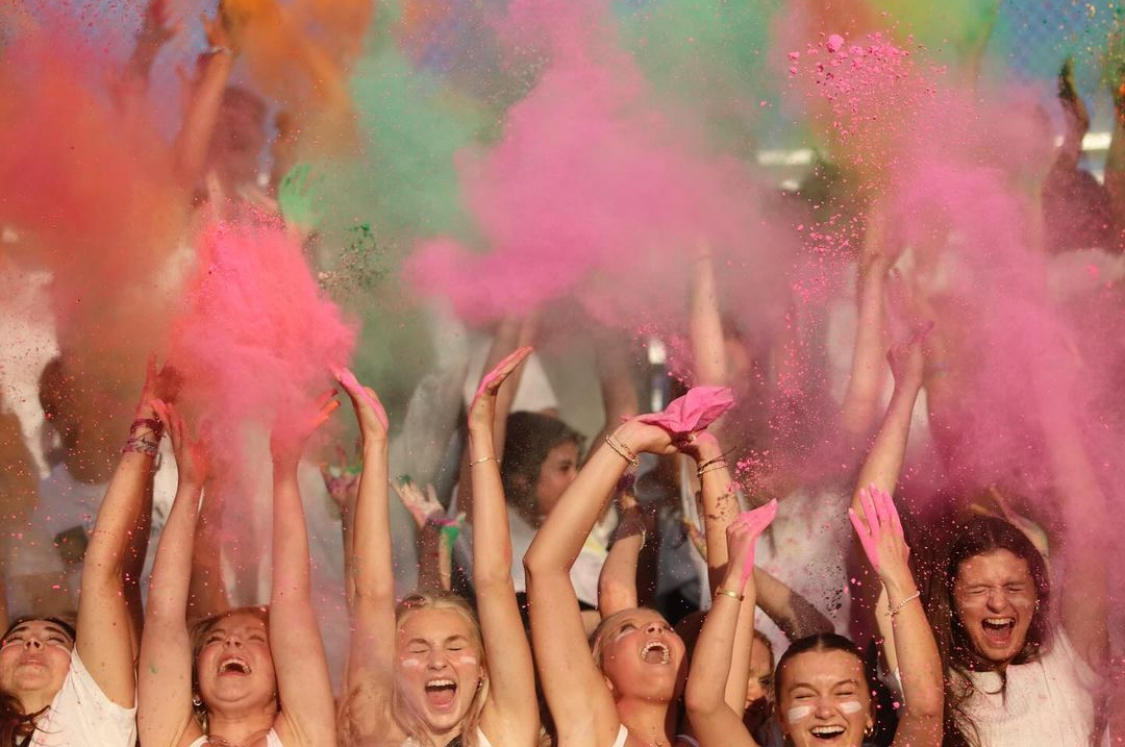 PodcastNo Cap Recap: fall sports rundown
PodcastNo Cap Recap: fall sports rundown -
 PodcastPaddock Behavior: cheers, Daniel Ricciardo
PodcastPaddock Behavior: cheers, Daniel Ricciardo -
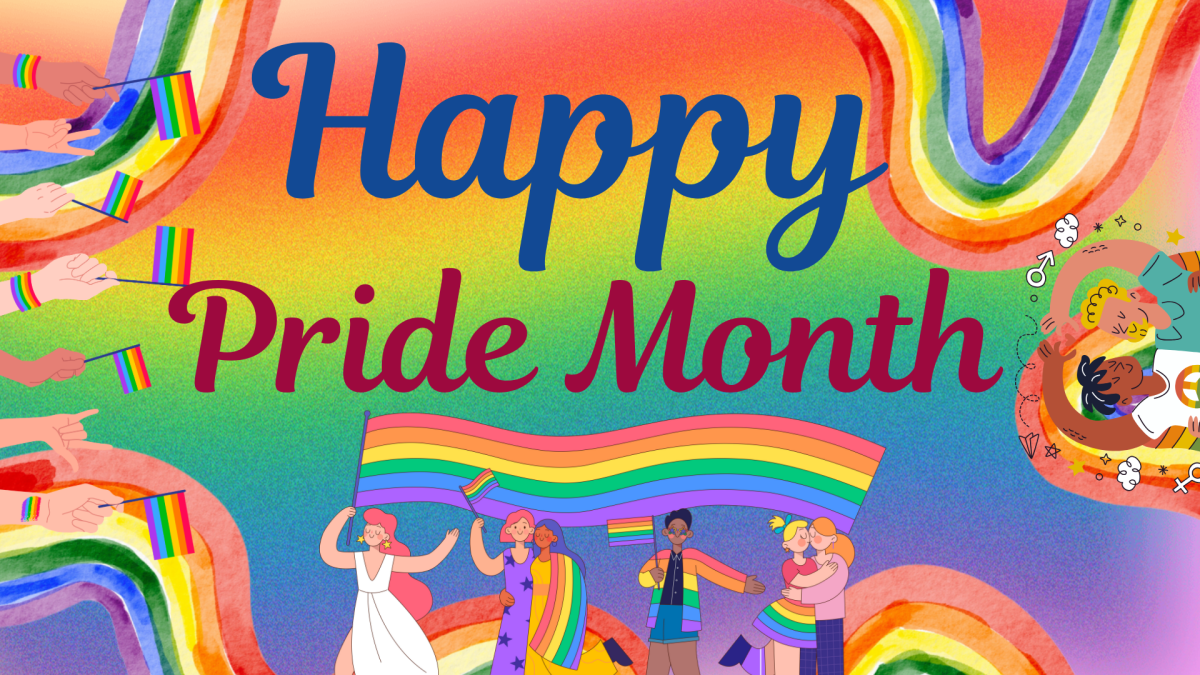 PodcastPride month overview with West's Colors Club
PodcastPride month overview with West's Colors Club -
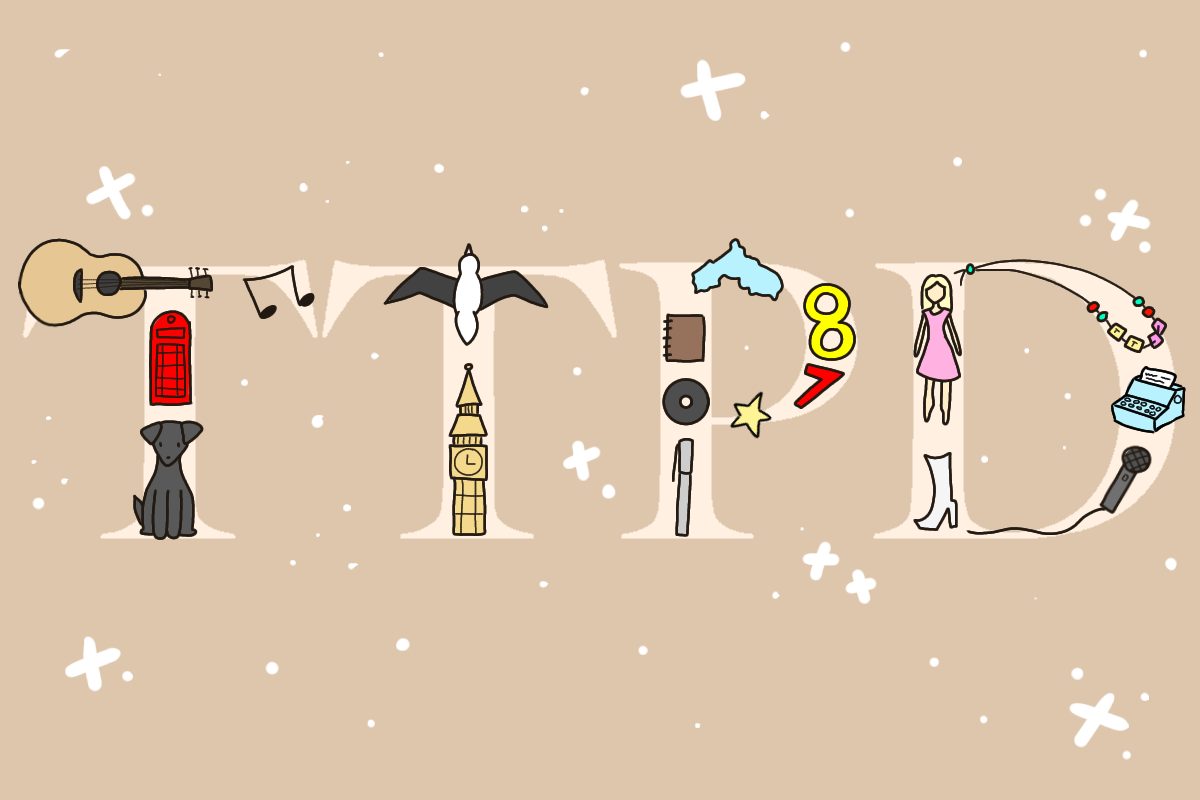 PodcastAre WSS staffers down bad for “The Tortured Poets Department?”
PodcastAre WSS staffers down bad for “The Tortured Poets Department?” -
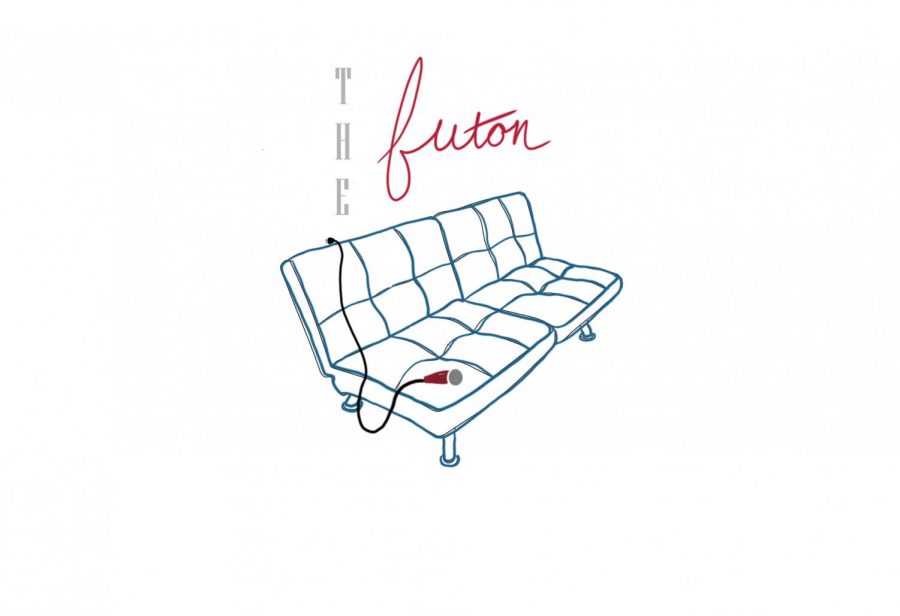 Podcast"The Futon": a senior farewell
Podcast"The Futon": a senior farewell -
 PodcastThe CC effect
PodcastThe CC effect -
 PodcastTech Talk: Let's Chat: GPT
PodcastTech Talk: Let's Chat: GPT -
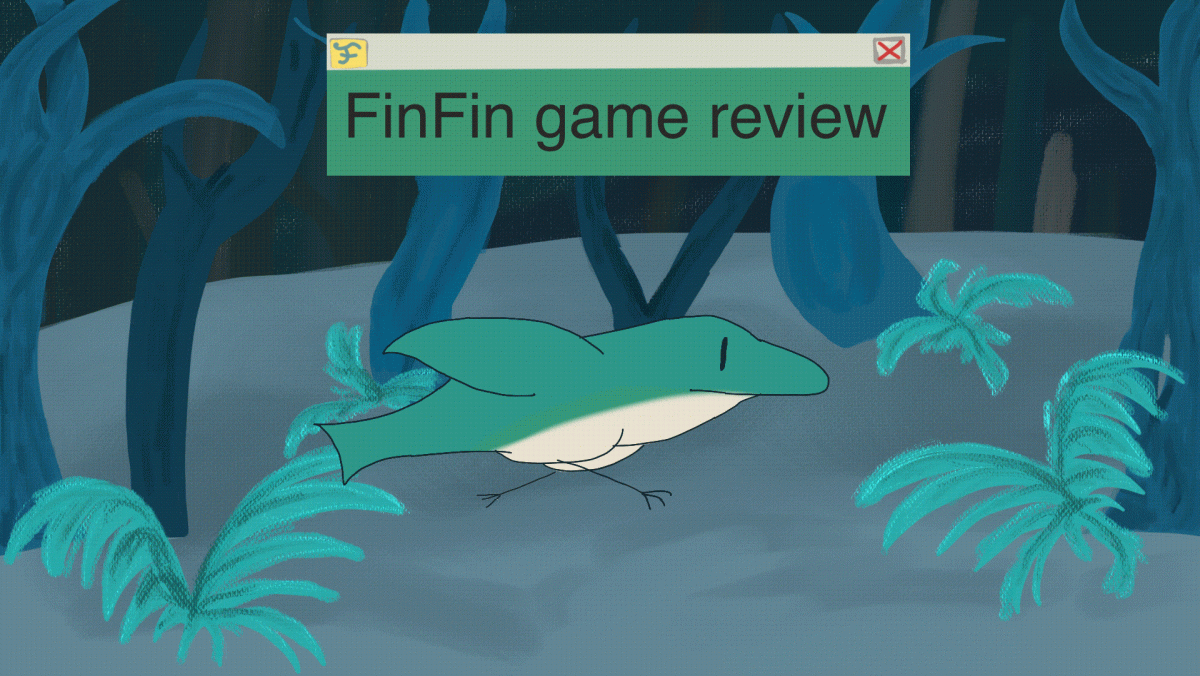 Reviews"Fin Fin on Teo the Magic Planet:" a review
Reviews"Fin Fin on Teo the Magic Planet:" a review -
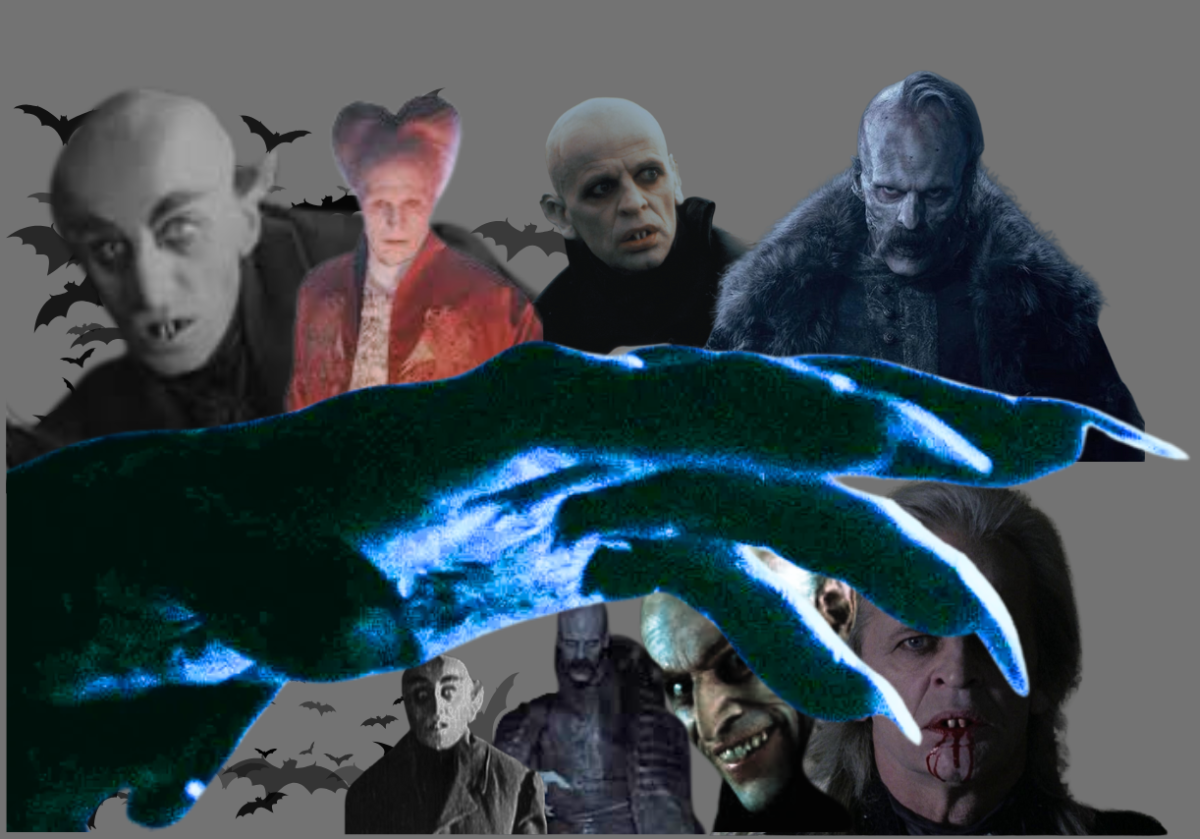 ReviewsA bloody obsession: a "Nosferatu" (2024) review
ReviewsA bloody obsession: a "Nosferatu" (2024) review -
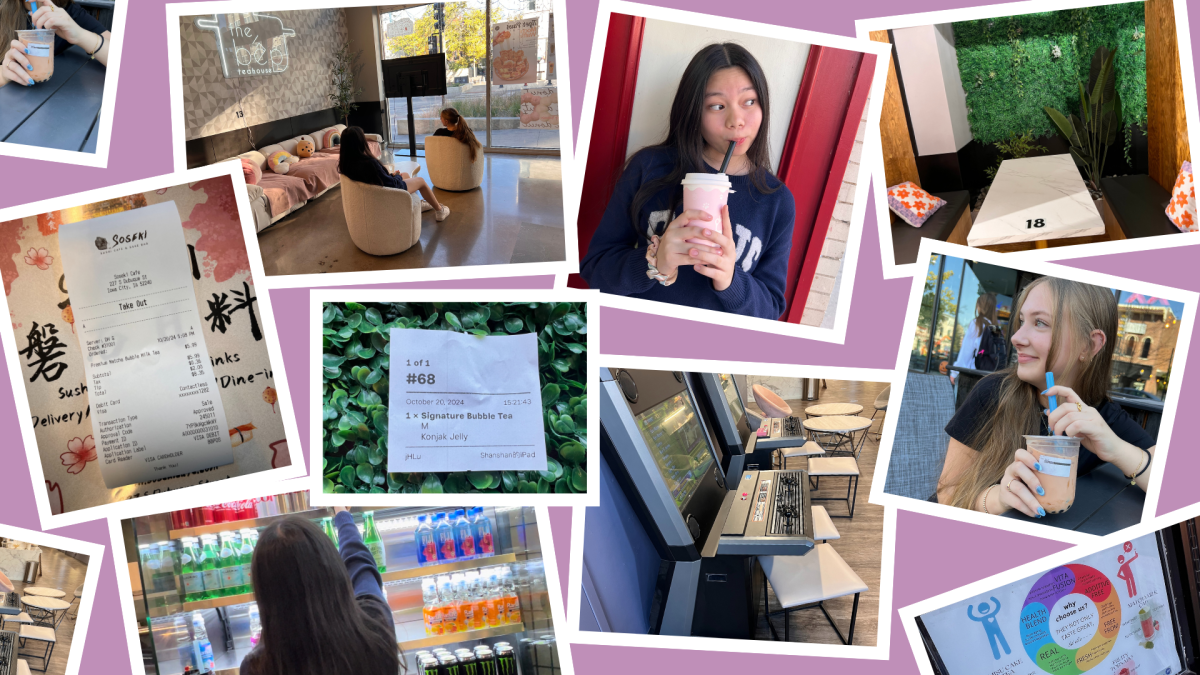 ReviewsBoba, bubbles and bliss
ReviewsBoba, bubbles and bliss -
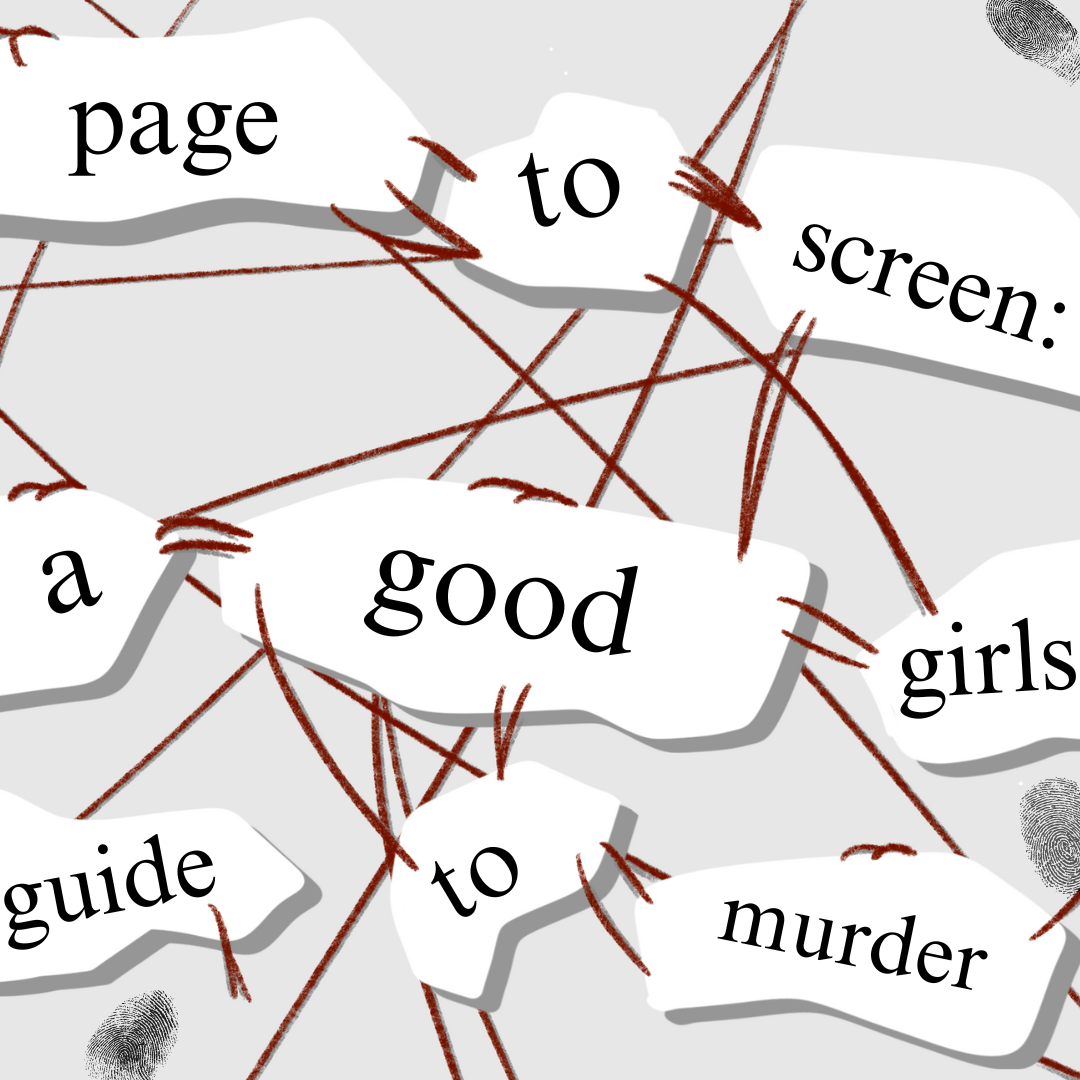 ReviewsPage to screen: "A Good Girl's Guide to Murder"
ReviewsPage to screen: "A Good Girl's Guide to Murder" -
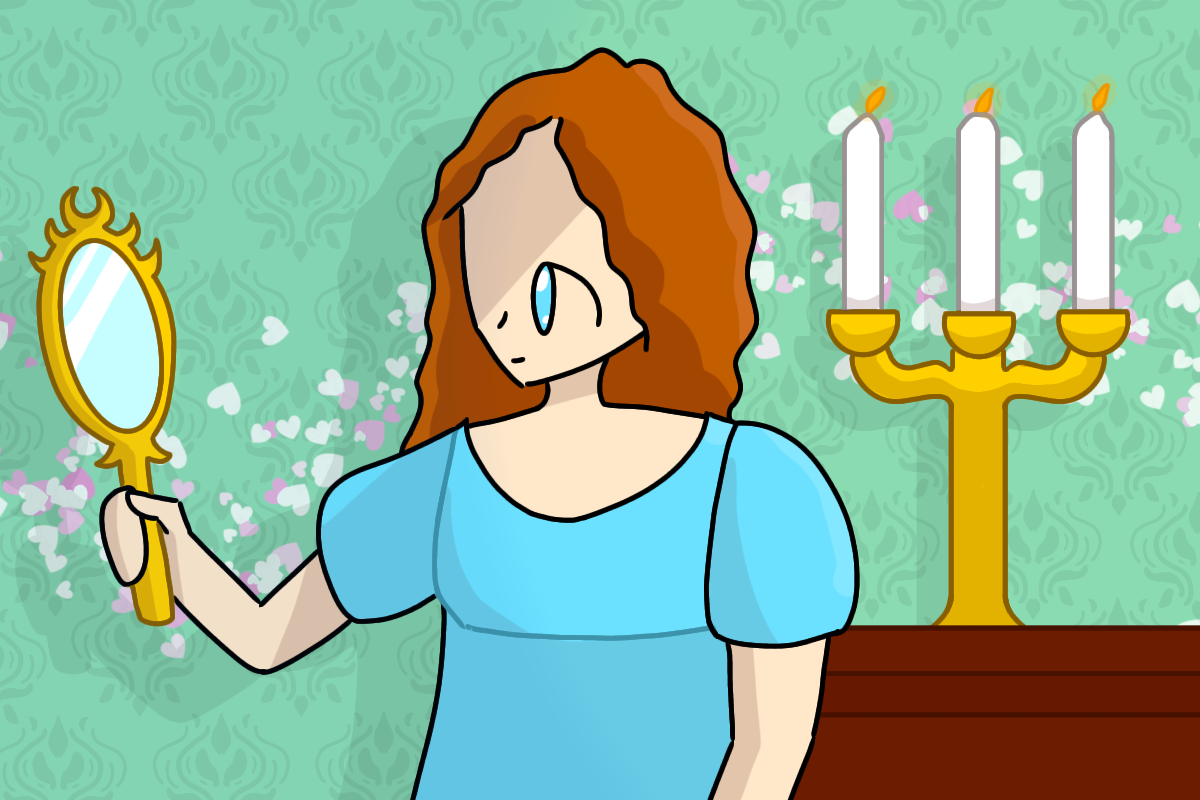 ReviewsPolin in the air: "Bridgerton" season three, part one review
ReviewsPolin in the air: "Bridgerton" season three, part one review -
 ReviewsDownfall of the franchise: five series that fell off
ReviewsDownfall of the franchise: five series that fell off -
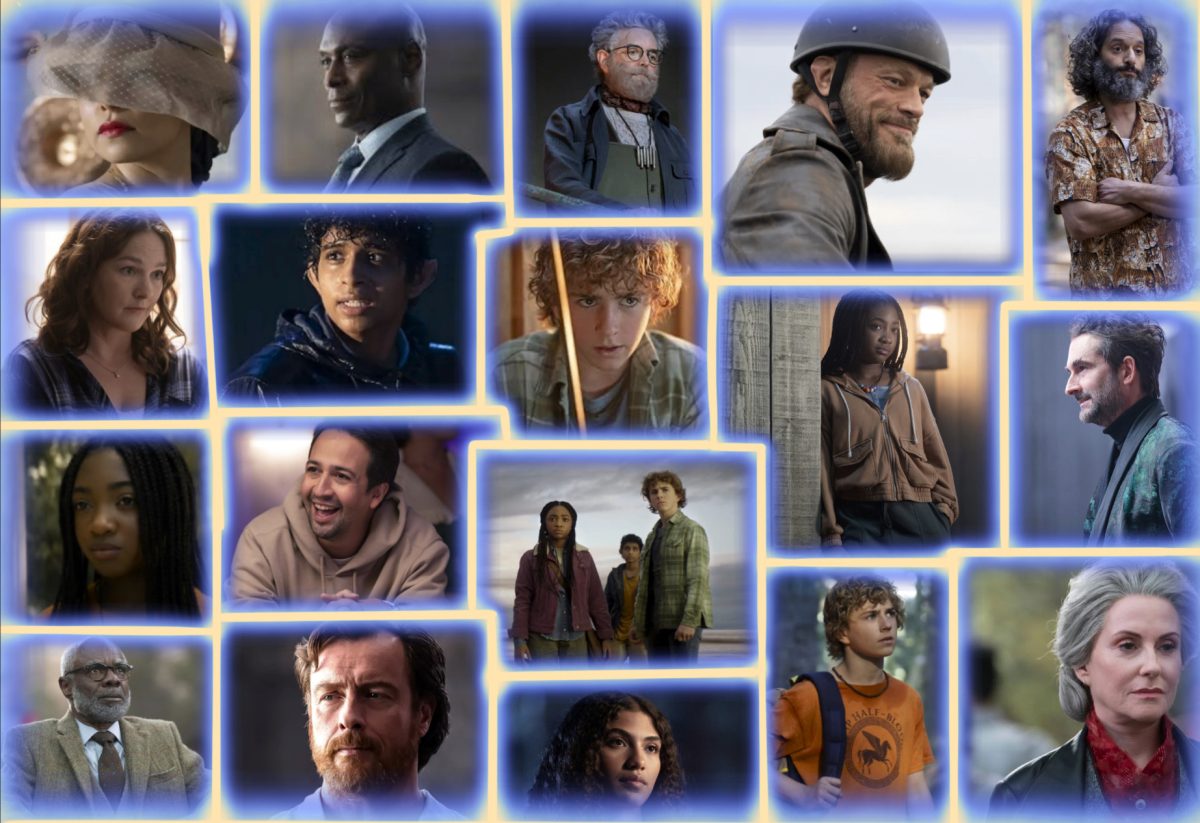 Reviews"Percy Jackson and the Lightning Thief" live-action review
Reviews"Percy Jackson and the Lightning Thief" live-action review -
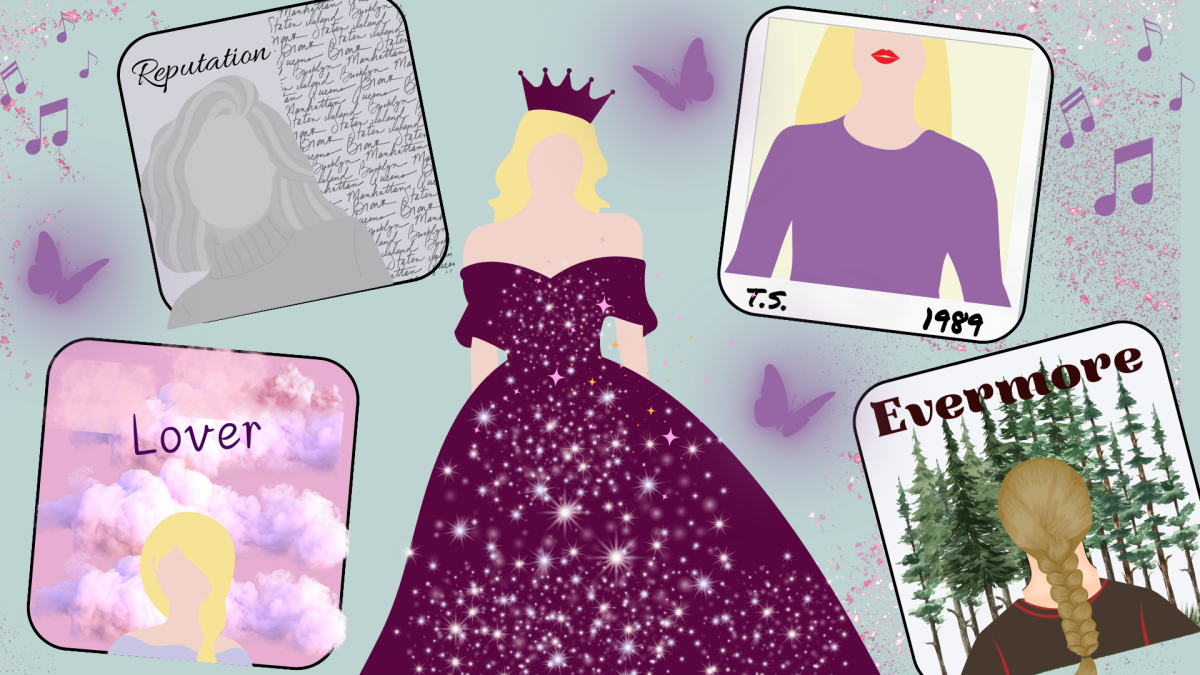 ReviewsListening to every Taylor Swift album for the first time ... ready for it?
ReviewsListening to every Taylor Swift album for the first time ... ready for it? -
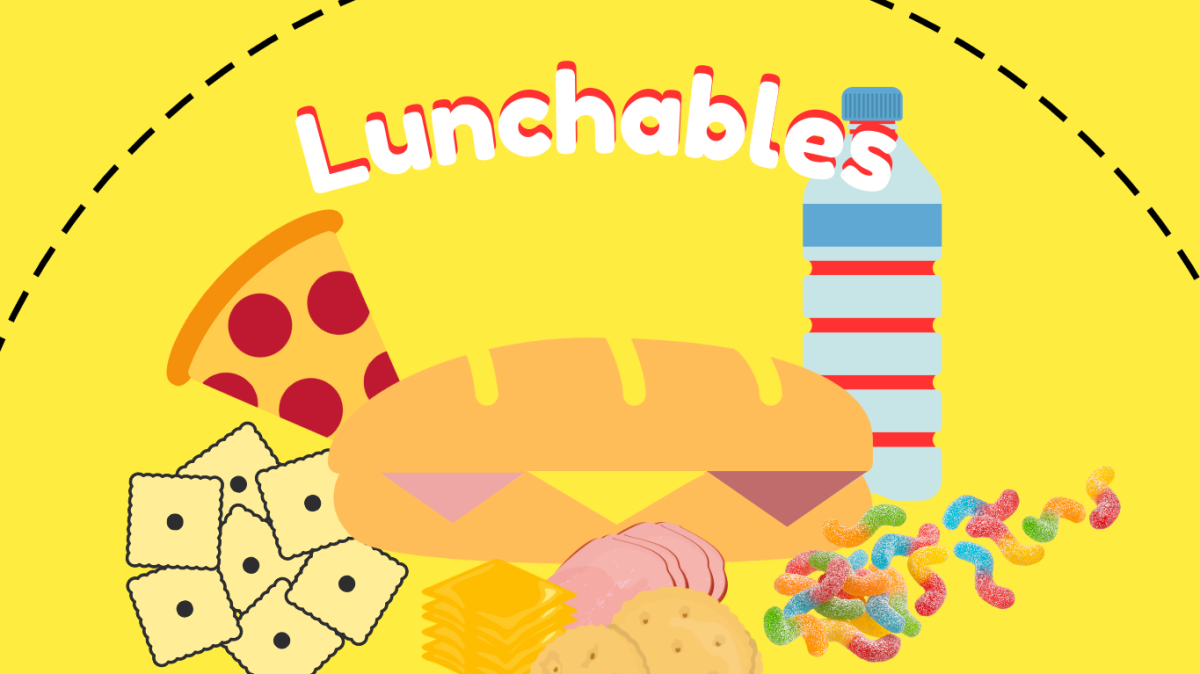 ReviewsRanking Lunchable meals
ReviewsRanking Lunchable meals -
 ReviewsHoliday treats: the ultimate debate
ReviewsHoliday treats: the ultimate debate



